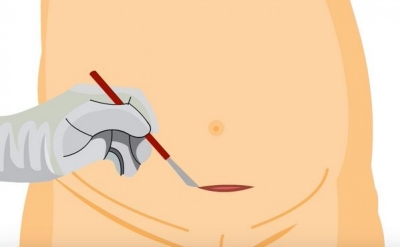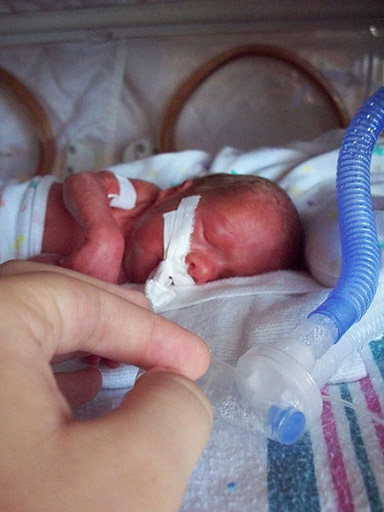Here is one good reason to include fruits in your diet every day. A study has shown that eating fruits every day can decrease the time to conceive. The study benefits the doctors and women who are planning to conceive. It is clear from the study that processed foods are bad where as fruits and vegetables are good for health and fertility.
5,600 women in their early stages of pregnancy, aged 18-43, from Australia, New Zealand, the U.K. and Ireland, were asked to inform about their diet before they conceived and to record the time they took get pregnant after they started trying. The research was published on May 3 in the journal Human Reproduction.
The study considered the couple as infertile when they failed to conceive within a year of trying. Though, all were pregnant, 8 per cent of them were considered as infertile as it took them more than a year to get pregnant.
Lead study author Claire Roberts, a senior research fellow at Robinson Research Institute at the University of Adelaide in Australia said, "The major finding is that the risk of infertility — that is, taking longer than 12 months to conceive — went from 8 percent for all the women in the cohort to 12 percent … in women with the lowest fruit intake."
That jump, from 8 percent to 12 percent, represents a 50 percent increase in the risk of infertility, Roberts added.
The fruit consumption several times a day resulted in getting pregnant half a month earlier than women who ate fruit only a few times in a month. Similarly, women who consumed fast food such as burgers, pizza, fried chicken and chips four or more times a week became pregnant, on average, a month after women who never ate fast food.
The study had not looked into why the foods were tied to a woman's odds of getting pregnant, but, Roberts said earlier research indicated that fatty acids coming from the fast foods in the woman's bloodstream may affect the quality of her eggs.
"The things that you eat could get into your eggs, and that can affect whether your eggs could be fertilized or not," she said. "Fast-food diets are also high in fat, sugar and salt, which can alter metabolism."
So women trying to conceive - This is one good reason to change your lifestyle. Changing to a healthier lifestyle like walking, eating fresh fruits and vegetables and keeping an eye on your weight could increase your fertility.






